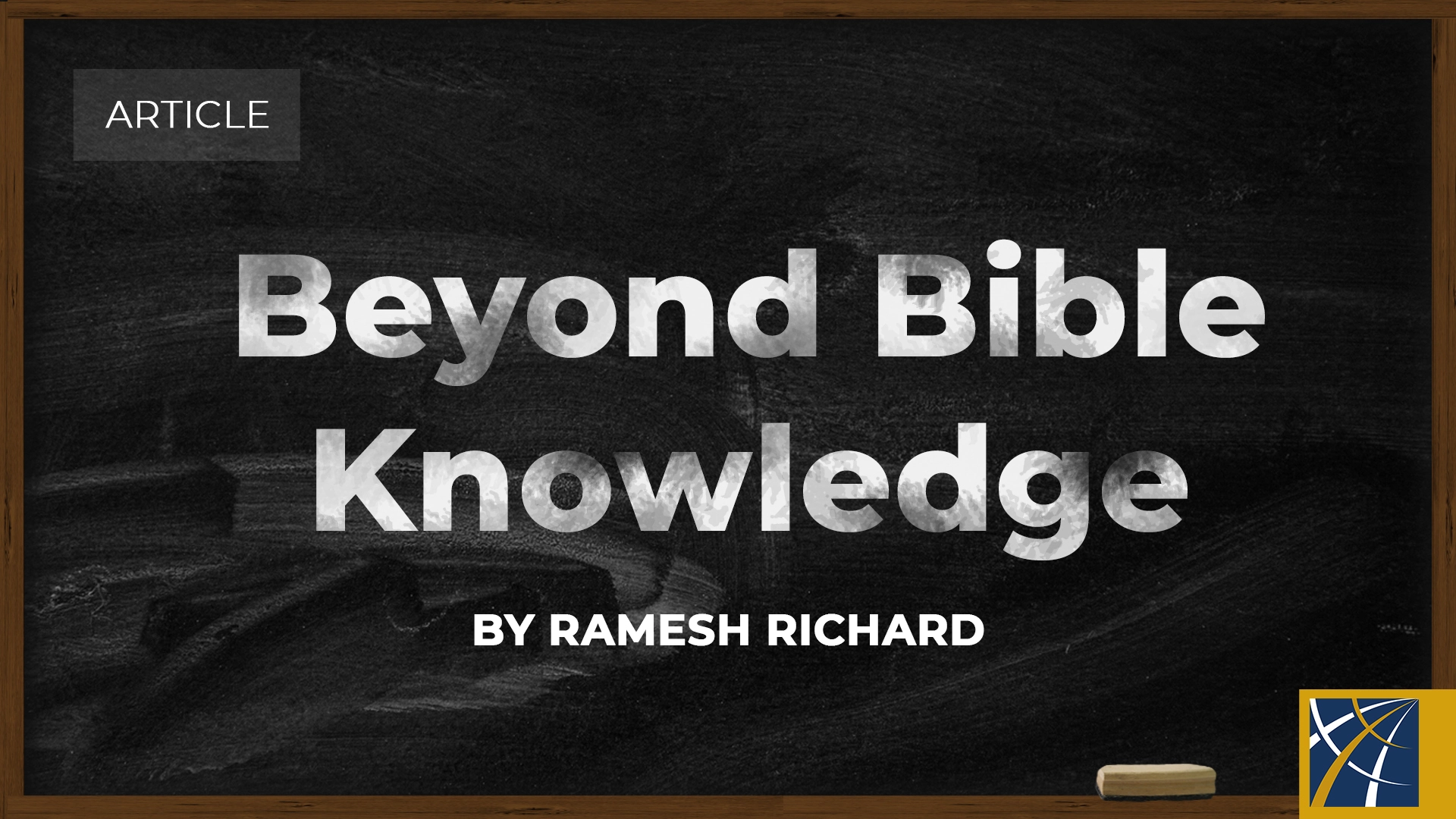by Ramesh Richard
The country needs “a credible monarch,” once opined my lunch host in the United Arab Emirates. He was referring to a neighboring country where he moiled and toiled for several years.
“Would you explain?” I pumped him.
“The country is divided into royalty and citizenry. The royal family has no contact with citizens outside the palace gates. The fear, the fetters, and the fret of their citizenry are unimaginable. Citizens, when permitted, visit neighboring countries for a taste of freedom. They come here to visit restaurants, play together, buy things, wear decent clothes.
Seeing an illustration develop, I egged him on. “How does the royal family live?”
“The citizens have never seen what happens in the royal city. We know that their Sheik is one of the ten richest men in the world. The king’s private city is built on a magnificent man-made lake where he docks his multi-million-dollar yacht. Helicopters fly in and off the helipad all the time. His city is huge. Tens of square kilometers. A fantastic underground transportation system. Visitors tell us that the latest in technology and telecommunications are found inside. Actually, everything imaginable, good and bad, is available inside the king’s city. Citizens gawk as the royal family takes the king’s planes on day trips to shop in Europe. If only the king knew how his citizens lived…”
“What would it take for the king to be credible?” I asked.
“That’s easy. The king must know what happens outside the palace,” he pontificated. “But knowing isn’t enough. He must also feel what his citizens feel.”
“And that will make him a credible monarch?” I countered.
“Yes!”
“Not quite,” I remarked. “The king’s credibility also depends on whether the people know the king knows and feels what they experience.”
He shook his head and said, “That’s right. But it is impossible for a king to become a serf. These things will never happen.”
What a swell guy for a host! He had just unveiled a superb illustration.
“Impossible for a king to become a serf,” he said.
“Impossible” was the precise sentiment of the only virgin about to become a mother. Her baby would be called the Son of the Most High and would receive an eternal kingship. Mary asked the angel, “How will this be, since I am a virgin?” (Lk. 1:34) The angel explained the miraculous process and asserted, “Nothing is impossible with God” (Lk. 1:37). The Monarch was to step out of the palace gates and become a citizen of His own kingdom.
In the Old Testament, an ideal king reigning in glory takes pity on the weak and delivers the needy (Ps. 72:13). Certainly, a compassionate, benevolent king is better than a hardened autocrat who legislates limits from his omnipotent throne.
What this world needs, however, is more than a caring king. It needs a Credible Monarch. If the king who cares must become credible among the people for whom he cares, he must know and feel what the people experience. How would he know and feel, unless he became one of them?
That is the question the Lord Jesus answers. He cares for what happens outside the palace gates. But He went beyond care. He cared so much He didn’t grasp on to his splendorous royalty—He became man. Jesus made the impossible possible. Jesus gave up the priority, prerogatives, and privileges of Godhood, made Himself nothing, and submitted to the full range of our experiences.
He took on a human nature in his external appearance and internal existence. God didn’t become a ghost on the earth. He became flesh (Jn. 1:14). He didn’t take on the virtual reality of humanness. He became flesh. His disciples claimed to have seen Him with their eyes and touched Him with their hands (1 John 1:1). Identifiable as a human being He was thirsty, hungry, wept, and died. Indeed, His becoming human was so complete that people only took Him to be human.
God’s strategy for a credible monarchy was drastic and complete. Jesus was made like His brothers in every way (Heb. 2:17). He was tested in every way (Heb. 4:15). He is able to empathize with our experiences and sympathize with our weaknesses. No longer could humans excuse the King for overlooking His subjects, accuse the King of absenteeism, or abuse the King for apathy. He knows and feels what His subjects experience.
There is a problem, however. People still think that the King has no idea of the real world of His subjects.
King Jesus still lacks the credibility in the eyes of some people simply because they have not heard about Him. They don’t know that He has broken stereotypes of kings and gods, who are at worst, cold; at best, distant. God became flesh. The King became a citizen. The Sheik became a serf. The credibility of the King depends on people’s knowledge of what He has done. Those in the know—believers—become the variable in enhancing the credible monarchy of King Jesus.
This Christmas, think of your entire life as an investment in making the credibility of the King known around the globe. The credible monarchy of the Lord Jesus is staked on your spiritual life, so be godly. The credibly monarchy of the Lord Jesus must get known, so participate in communicating Christ this Christmas. Jesus is the only Credible Monarch.






